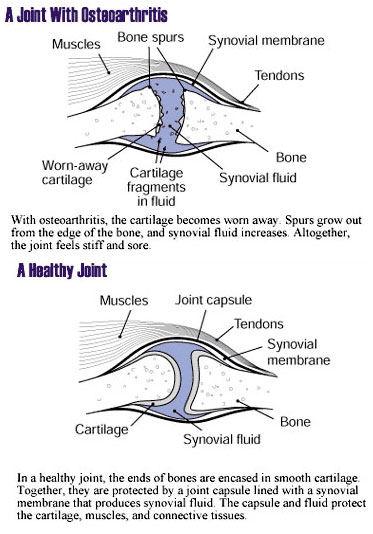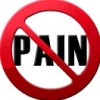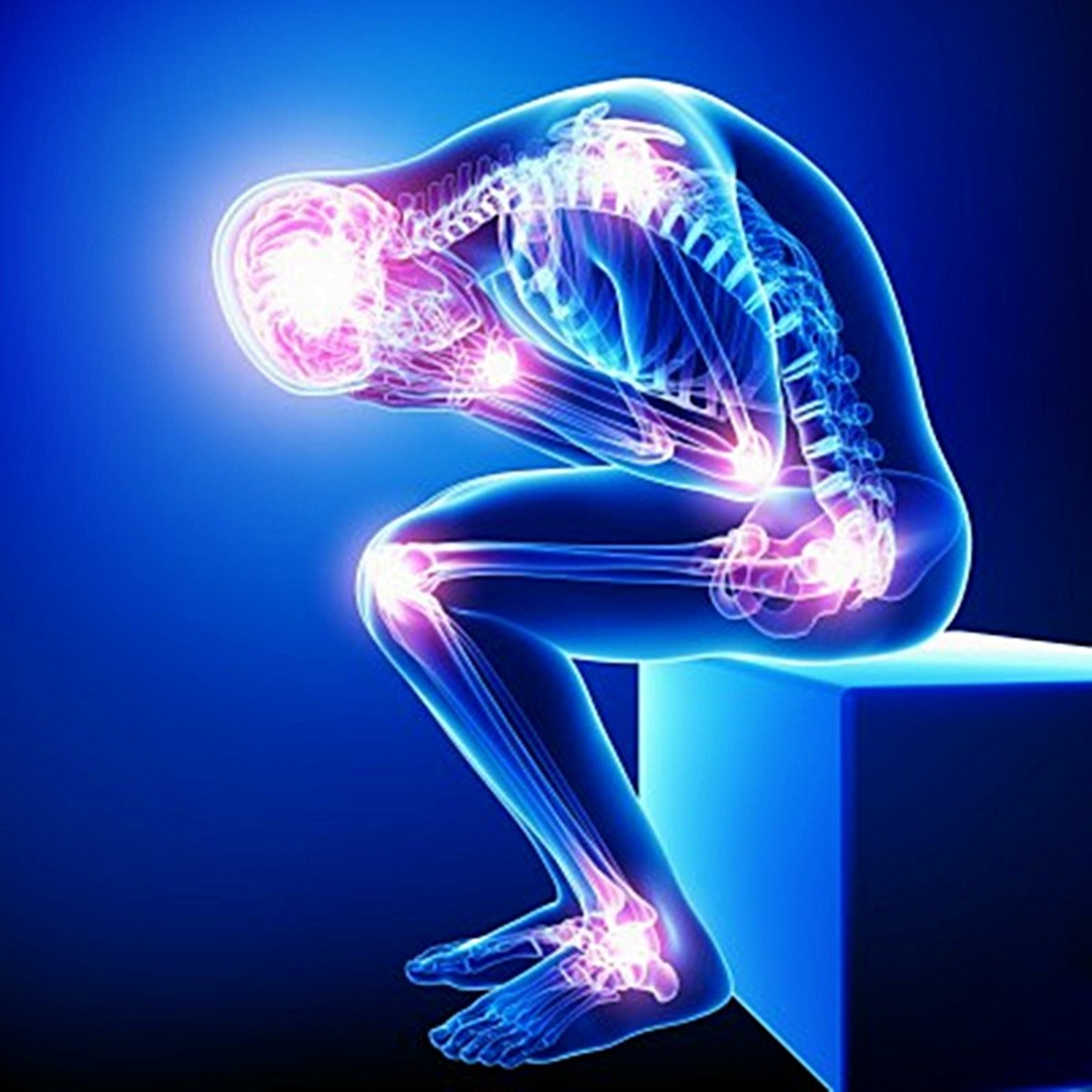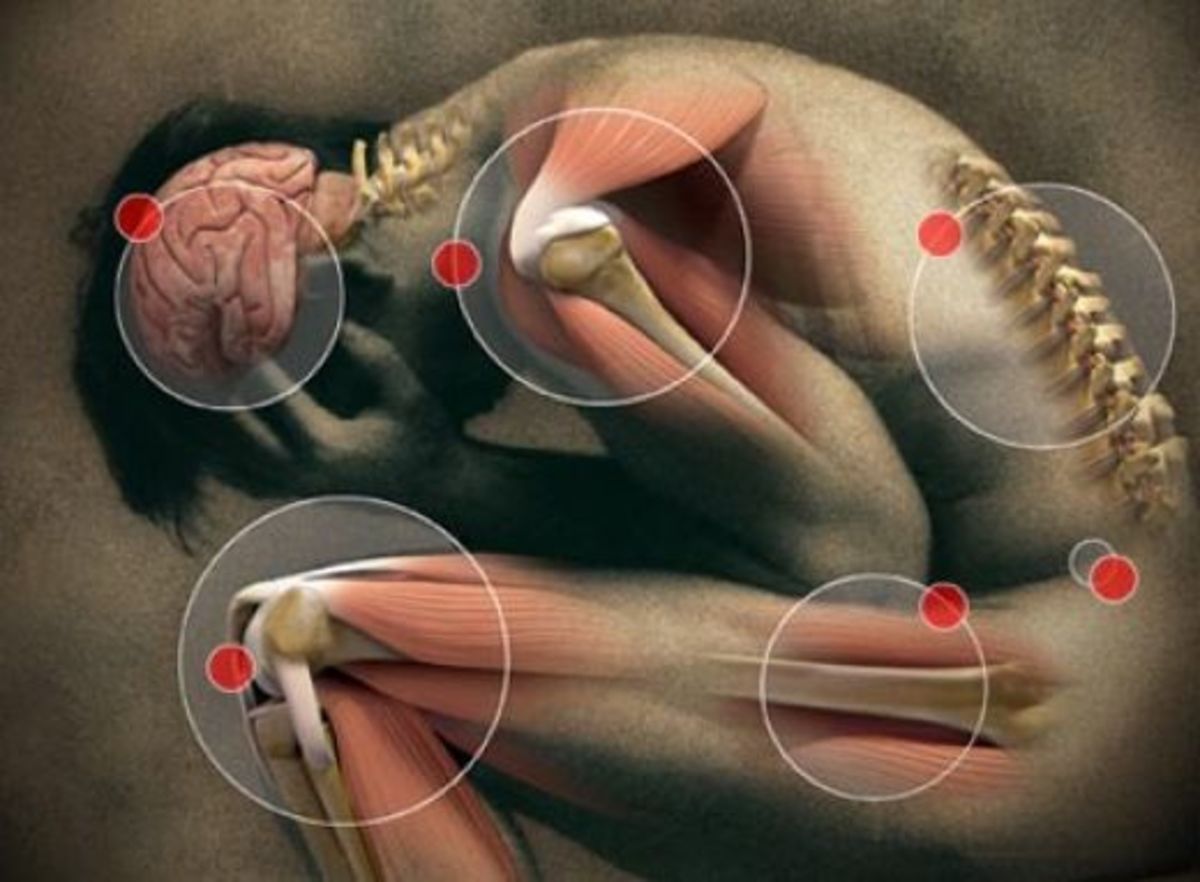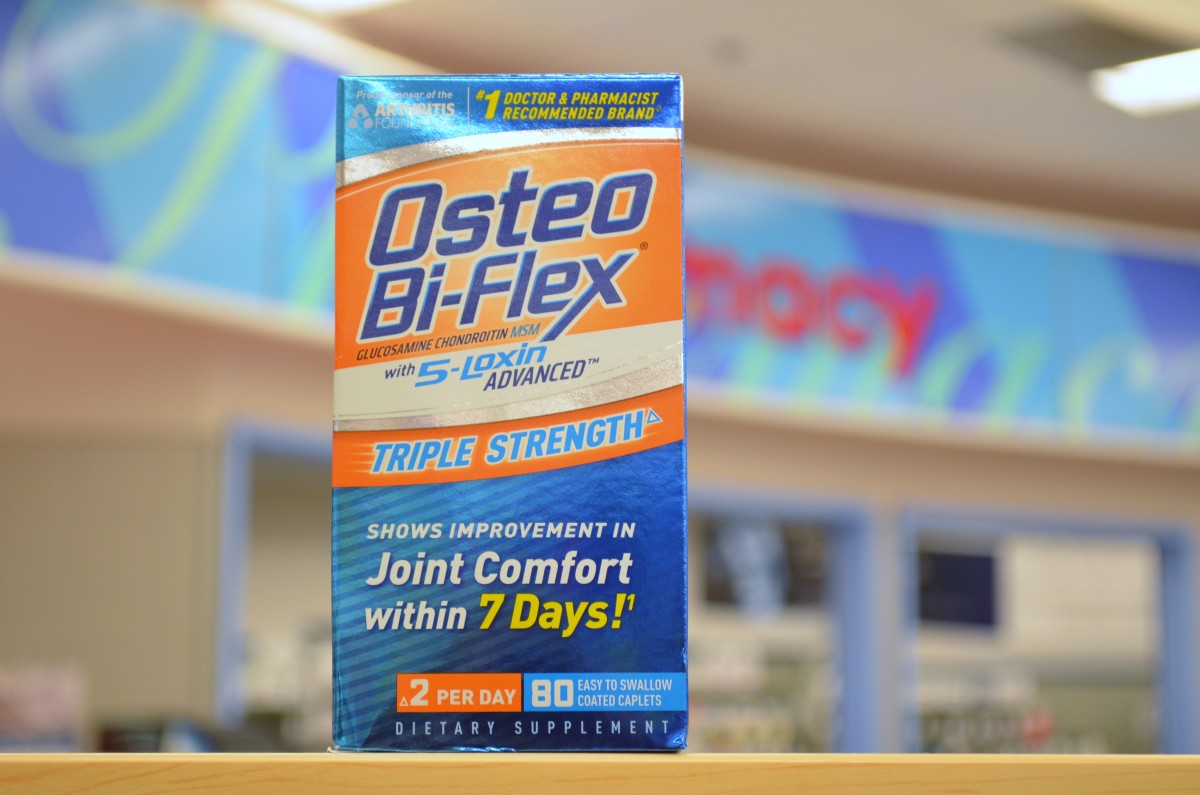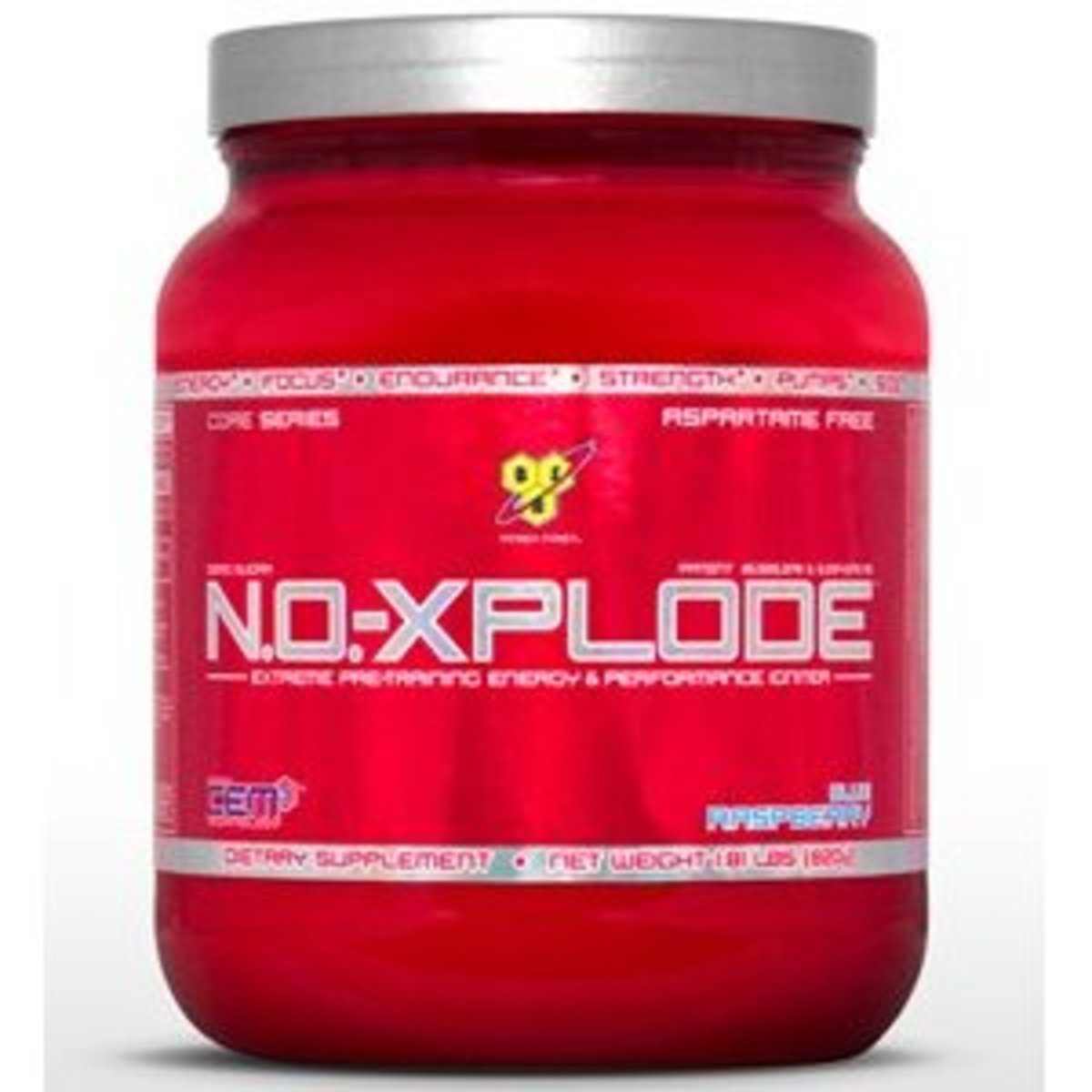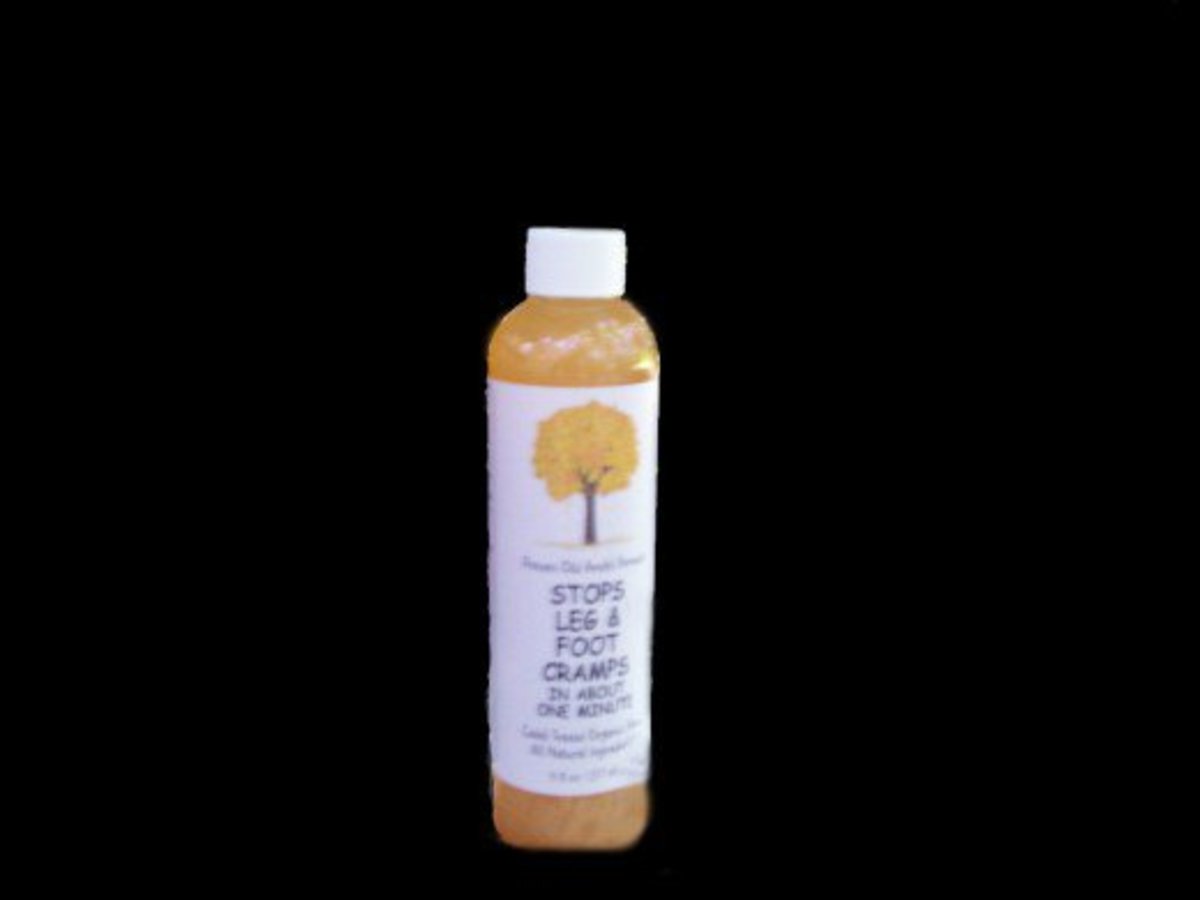Do Joint Supplements Work?
joint supplements and joint medicines
Synopsis: Joint Pain can make life miserable. That's why it's no surprise that we spend so much of our time and money searching for a supplement to relieve arthritic joint pain and reliable joint pain relief products. Below, I review the most supplements, pills, and medicines available.
The information in this article is not intended to diagnose, treat, or cure any disease. Always consult a trained medical professional before ingesting any supplements, herbs, drugs, vitamins or unfamiliar foods. Also speak to you doctor about the risks you might have when entering into any exercise regimen.
It's the holy grail of pain relief seekers...
The ongoing search for a reliable, easy to use joint supplement
Is there a remedy for joint pain? Are there products -- natural or otherwise -- that help with arthritic pain, providing joint and muscle pain relief? Let's compare the most popular joint pain solutions available today.
After intense workouts or injuries, it’s normal to experience some short-term pain in the joints. Chronic joint pain sufferers pay a more prolonged price. The pain can become debilitating. It's estimated that 1 in 5 adults experience joint pain daily and a quarter-million more will develop arthritis this year. In the United States, joint pain accounts for about 115 million missed work days a year.
What causes joint pain?
Joint disease, obesity, repetitive occupational usage, lack of exercise, poor nutrition, and trauma to the joints all lead to joint pain.
The most common cause of chronic joint pain is osteoarthritis, a condition associated with the wearing down of bone-cushioning cartilage. This loss of cartilage causes the bones to rub together, which results in not only joint pain, but also swelling, loss of motion, and changes in the shape of the joint over time. Other causes of joint pain include infection, rheumatoid arthritis, and fibromyalgia (which may be symptomatic of unresolved emotional issues).
As mentioned above, another big cause of joint pain is overuse. Doing the same movements repeatedly for long periods of time can take its toll on your entire body, especially your joints. As many of my readers know, I spent 3 years as a full time touch therapist and massage practitioner. Often, I'd work on clients for several hours a day, 7 days a week, bending their bodies, applying pressure to key trigger points, digging my fingers and elbows into their sore muscles, and assisting clients with Thai style stretches. While clients left feeling great, my joints began to ache. I began searching for stretches, exercises, foods and supplements to keep the pain at bay.
I try to keep an open mind but also expect some proof whenever someone or some company makes a claim about anything. This is especially true if they want me to spend money on it, change my lifestyle or eating habits or to begin a regimen of supplements. As you begin your quest to find joint relief solutions that are right for you, I hope that the following advice and reviews will guide you well.
Part 1: Natural Herbs & Plants for Joint Pain
Cat’s Claw- (Uncaria tomentosa) The parts used medicinally include the inner bark and root, taken in the form of capsules, tea and extract. Proponents of Cat's Claw point to its centuries old use by the Ashaninka tribe of Peru and other inhabitants of South and Central America as an arthritis treatment. It is a natural anti-inflammatory and is known to reduce pain associated with arthritis.
Cat’s Claw contains several alkaloids that are responsible for its medical effects, as well as tannins and various phytochemicals. Some ingredients appear to act as anti-inflammatory, antioxidants and even as anticancer agents. Studies indicate supporting evidence toward its use in treating cancer, inflammation, viral infection and vascular conditions.
Ginger- also known as Jamaican Ginger, is believed to reduce inflammation and may also decrease pain from arthritis. Studies are inconclusive though as length of use may impact its effectiveness and few studies exist where participants with joint pain have used Ginger for at least 4 months. Ingesting high levels of Ginger can cause negative reactions and some people break out in rashes, so use Ginger sparingly or under the guidance of a professional.
Cayenne- Acts like anesthetic when applied topically. This is due to its high concentration of capsaicin (8-methyul-N-vanillyl-6-nonenamide) which is widely known for its pain relief properties. The burning sensation excites the nerves in the area where applied, temporarily shutting them down. This creates the illusion that the pain is gone.
Cayenne peppers have a high concentration of beta-carotene which may be useful in mitigating the symptoms associated with rheumatoid arthritis and osteoarthritis. The hotter the chili pepper, the more capsaicin it contains. You don’t need a lot to get a response, so go easy with this and be sure to avoid touching your face, your eyes or any open membranes after handling Cayenne Peppers. Studies involving Capsaicin show promise as an effective treatment for joint pain and arthritis, even for your pets!
Nettle Leaf- Reduces inflammation. Stinging nettle (Urtica dioica) has been used for centuries to treat painful muscles and joints, eczema, arthritis, gout, and anemia. As a topical joint pain treatment, the leaves and stems of nettle have been used historically to treat arthritis and for sore muscles. Some studies suggest that some people find relief from joint pain by applying nettle leaf topically to the painful area.
A few other studies show that taking an oral extract of stinging nettle, along with nonsteroidal anti-inflammatory drugs (NSAIDs), allowed people to reduce their NSAID dose. The benefit of being able to reduce you NSAID dosage is that prolonged use or high dosages of NSAIDs (drugs such as aspirin, ibuprofen, and naproxen) can cause ulcers and promote bleeding.
Boswellia- May reduces inflammation and repair areas around connective tissue. Popular in Ayurvedic medicine, Boswellia (specifially the boswellic acids found in the tree's resin) shows promise as a treatment for various inflammatory conditions. In West Africa, the bark of Boswellia dalzielii is used to treat a wide range of medical problems affecting the joints and connective tissue.
Part 2: Joint Pain Medicines
Celecoxib- Celecoxib (CELEBREX®) is used to relieve pain, tenderness, swelling and stiffness caused by osteoarthritis (arthritis caused by a breakdown of the lining of the joints), rheumatoid arthritis (arthritis caused by swelling of the lining of the joints), and ankylosing spondylitis (arthritis that mainly affects the spine). Celecoxib is in a class of NSAIDs called COX-2 inhibitors. It works by stopping the body's production of a substance that causes pain and inflammation. Although it has a history of effectiveness, this drug has a wide range of potential side effects ranging from bleeding, ulcers, stroke, heart attack and even death. So be sure to speak to your doctor and your pharmacist before taking.
Acetaminophen- Acetaminophen (Tylenol® or its store-brand equivalents) is used for the relief of fever as well as aches and pains associated with many conditions. Acetaminophen relieves pain in mild arthritis but has no effect on the underlying inflammation, redness, and swelling of the joint. If the pain is not due to inflammation, acetaminophen is as effective as aspirin. It is as effective as the non-steroidal anti-inflammatory drug ibuprofen (Motrin) in relieving the pain of osteoarthritis of the knee.
Naproxen- Naproxen is used for the treatment of mild to moderate pain, inflammation, and fever.
Part 3: Joint Pain Supplements
Calcium- Protects against bone loss. With the advent of coffee shops throughout the U.S. many people are getting more calcium daily because they are drinking more milk which they add to their coffee. When the body becomes deficient in Calcium, the bones and joints become more brittle.
Vitamin D assists in the absorption of Calcium, which is why many milk producers add Vitamin D to their milk, so they can make the additional health claims. The Recommended Daily Allowance of Calcium for adults is 1,000 to 1,200 milligrams daily. An 8oz glass of milk has between 285 to 302 milligrams of calcium.
Other than dairy products, the highest natural sources of calcium include…
- Almonds (One cup has 378 milligrams of calcium)
- Baked beans (One serving of baked beans contains over 100 milligrams of calcium).
- Collard Greens (One cup of boiled collards contains 358 milligrams of calcium).
- Oatmeal (two packets of instant oatmeal contains between 100-150 mg of calcium), and more
- Ready-to-eat cereal (Calcium-fortified, 1 cup contains between 100-1000 mg of calcium)
- Canned sardines (Canned in oil, with bones, 3 ounces contains 324 mg of calcium)
- Sesame seeds (One tablespoon of sesame seeds contains about 90 milligrams of calcium)
If you prefer supplements be sure to take magnesium too as it helps the body to absorb calcium. The two main forms of calcium in supplements are carbonate and citrate. Experts suggest Calcium carbonate as it is more commonly available, inexpensive and easy to take. Talk to your doctor or naturopath to see what she recommends.
Shark Cartilage- Although the research is lacking, advocates of shark cartilage claim that this dietary supplement, made from the dried and powdered cartilage of a shark; Restores bone and promotes joint damage.
Those who promote Shark Cartilage say that because Shark cartilage contains high amounts of Glycosaminoglycans (GAGs) aka mucopolysaccharides, it can effectively treat arthritis and provide relief to painful, swollen, and stiff joints.
While it is clear that Mucopolysaccharides play a significant role in maintaining the structural integrity of cartilage, bone, and elastic tissue such as skin and membranes, it’s important to consider the bio availability of anything you ingest. Specifically how much of the active ingredient can the body actually use, retrieve or transform at a chemical level?
In this case, the question to ask is “Does Shark Cartilage succeed at treating joint pain better than other join pain supplements?” Even if you brush aside the fact that over 200,000 sharks are killed annually, in part to create Shark cartilage, the jury is still out over the effective of Shark cartilage by itself.
Shark and ray skeletons are mostly cartilage, but supply is less sustainable than cow and oxen trachea. Shark cartilage is also more vulnerable to contamination. Shark cartilage must be processed quickly and thoroughly in order to achieve a stable, reproducible, workable powder. You end up losing some of the inherent benefits because of the processing required to make it digestible and absorbable.
Collagen Type 2- Collagen Type 2, derived from chicken sternal cartilage, is a commercially sold supplement that is said to restore cartilage in arthritis sufferer. Collagen type II also contains cartilage matrix glycoprotein (CMGP), which can help reduce the oxidative damage to the joint. In Collagen Type 2’s favor is a high absorption rate and its ability to:
- resist protein cartilage digesting enzymes;
- reduce inflammation;
- promote new cartilage cell creation;
- enhance the production of the joint fluid, hyaluronan, to produce a thick effective, lubricating, synovial fluid for the joint itself;
- protect the surface of the cartilage from oxidative damage and enzyme digestion;
- act as a powerful anti-inflammatory and pain modulator.
The research on this is compelling because it produced measurable improvements for the participants of the study. In this randomized, double-blind trial involving 60 patients with severe, active rheumatoid arthritis, a decrease in the number of swollen joints and tender joints occurred in subjects fed chicken type II collagen for 3 months but not in those that received a placebo. Four patients in the collagen group had complete remission of the disease. No side effects were evident.
Studies suggest that Collagen Type II naturally stabilizes the body’s immune system and helps neutralize the production of abnormal molecular structures thought to be a major cause of joint pain and stiffness, especially in rheumatoid arthritis patients.
Collagen Type II provides the building blocks for human cartilage to mitigate or even reverse the impact of osteo and rheumatoid arthritis. Collagen Type II reduces pain and inflammation. It also succeeds in winning the battle against arthritis by assisting in the normal repair and regeneration of cartilage, ligaments and tendons. Its effectiveness is further applauded in its role in helping to to improve connective tissue elasticity and cushioning.
Bottom line, I say it’s definitely a joint supplement that is worth checking out!
Methysulfonylmethane- (MSM) MSM supplements are believed to reduce joint inflammation and relieve joint pain. Though the evidence is weak, proponents says that MSM supplements help diminish inflammation and pain. The theory is that MSM is the best source of necessary, safe sulfur needed by the body to build new cells and ensure that connective tissue stays healthy.
Fortunately, lots of naturally occurring foods contain MSM; It is readily available in onions, garlic, members of the cabbage family (including kale, cauliflower, bok choy, broccoli and horseradish) and in protein-containing foods, including eggs, milke, seeds and nuts. MSM is generally sold in conjuction with Glucosamine. But unless your diet is completely void of these types of foods, you probably can go without MSM.
Glucosamine sulfate- Glucosamine seems to play a role in cartilage maintenance and repair, and provides much of cartilage's resistance to compression. Advocates say it helps keep joint cartilage flexible, and plays a role in guarding it against deterioration. Glucosamine may actually assist in slowing the progression of arthritis by maintaining joint cartilage health.
Glucosamine sulfate is most commonly made from shellfish shells and refined corn. So, people with corn or shellfish allergies should avoid this! Many people swear by Glucosamine, claiming that it helps with tendon, cartilage and ligament tenderness. The theory about Glucosamine is that it restricts enzymes known to destroy cartilage and also helps to repair joint damage caused by wear or injury.
Studies over the course of many years have sought to validate that belief that Glucosamine helps in the general healing process by lubricating joints with a protective fluid, thereby easing pain and allowing for a greater range of motion.
Chondroitin Sulfate- Chondroitin Sulfate is a complex carbohydrate that helps cartilage retain water. It functions as an anti-inflammatory that keeps cartilage from experiencing degeneration and aids in the production on new cartilage generation.
Glucosamine and Chondroitin Sulfate are sold in the United States as dietary supplements, which are regulated as foods rather than drugs. It's why you need to be skeptical of claims made since they do not fall under the jurisdiction of the FDA.
You probably don't want to focus on where Chondroitin sulfate comes from but I'll tell you anyway; cow trachea or pork by-products. Research suggests that Chondroitin may play a role in stimulating the production of new joint cartilage. The supplement form may be as effective as ibuprofen for those with mild to moderate arthritis.
For optimal results, a combination supplement containing glucosamine and chondroitin sulfate is typically recommended.
To date the evidence derived from scientific research of the effects of Glucosamine and Chondroitin are mixed. While researching this article, I came across a credible study coordinated by The University of Utah, School of Medicine. It took place at 16 rheumatology research centers across the United States and was funded by the National Center for Complementary and Alternative Medicine (NCCAM) and the National Institute of Arthritis and Musculoskeletal and Skin Diseases (NIAMS), along with two components of the National Institutes of Health (NIH).
The study focused exclusively on joint knee pain and lasted 24 weeks. The control group were given either Glucosamine alone (1500 mg daily given as 500 mg three times a day), Chondroitin sulfate alone (1200 mg daily given as 400 mg three times a day), Glucosamine plus chondroitin sulfate combined (same doses-1500 mg and 1200 mg daily), Celecoxib (200 mg daily), and Acetaminophen (participants were allowed to take up to 4000 mg (500 mg tablets) per day to control pain, except for the 24 hours before pain was assessed).
In a nutshell researchers found that of the 1,583 participants in the study,
- Participants taking the positive control, celecoxib, experienced statistically significant pain relief versus the placebo—about 70 percent of those taking celecoxib had a 20 percent or greater reduction in pain versus about 60 percent for placebo.
- Overall, there were no significant differences between the other treatments tested and placebo.
- For a subset of participants with moderate-to-severe pain, glucosamine combined with chondroitin sulfate provided statistically significant pain relief compared with placebo—about 79 percent had a 20 percent or greater reduction in pain versus about 54 percent for placebo.
- For participants in the mild pain subset, glucosamine and chondroitin sulfate together or alone did not provide statistically significant pain relief.
Should people with osteoarthritis use glucosamine and chondroitin sulfate?
If you have osteoarthritis of moderate to severe pain then you should work with your health care provider to develop a comprehensive plan for managing your arthritis pain. As there is no single magic bullet, you'll want a plan that includes eating right for your body type, the right combination of aerobic and anaerobic exercise (not to mention weight bearing and cardiovascular strengthening) , losing excess weight to stay within your proper BMI, and using proven pain medications and/or supplements.
Glucosamine Hydrochloride vs. Glucosamine Sulfate
To complicate matters a bit, there are two forms of Glucosamine sold on the market today. Sellers of each one claim that their format is better than the other. The argument for choosing glucosamine hydrochloride is that is purer and therefore more beneficial to the user.
The evidence, however, suggest otherwise. The most reliable studies come to the following conclusion…
“If patients choose to take dietary supplements to control their symptoms, they should be advised to take glucosamine sulfate rather than glucosamine hydrochloride and, for those with severe pain, that taking chondroitin sulfate with glucosamine sulfate may have an additive effect.”
The study’s authors go on to say that…
“Three months of treatment is a sufficient period for the evaluation of efficacy; if there is no clinically significant decrease in symptoms by this time, the supplements should be discontinued. Furthermore, there is no evidence that these agents prevent osteoarthritis in healthy persons or in persons with knee pain but normal x-rays.”
Other Key Ingredients Important For Joint Health
Hyaluronic Acid- found naturally in cartilage and in the synovial fluid around the joints. Manufacturers extract the Hyaluronic Acid used as medicine from rooster combs or use bacteria to create it in the laboratory. When correctly injected via syringe by a physician, Hyaluronic Acid is believed to be capable of lubricating the joints, improving joint flexibility, and enhancing overall joint health. Oral supplements have NOT conclusively proven to be effective.
Omega 3 Essential Fatty Acids- necessary for human health. The body can' t make them which is why you have to get them through food. You’ll find Omega-3 fatty acids in fish, such as tuna, halibut, salmon,other seafood including algae and krill, some plants, and nut oils.
Omega 3 Essential fatty acids appear to have a number of beneficial effects on joint health and function when taken as part of your regular food intake or as a supplement. These benefits include better joint lubrication, reduced joint tenderness, and decreased stiffness.
Research shows that omega-3 fatty acids reduce inflammation and may help lower risk of chronic diseases such as heart disease, cancer, and arthritis. It also affects mood and depression, which in turn might help lessen some of your fibromyalgia symptoms!
These recommendations should definitely help you make some smart decisions. You know now what herbs, supplements and medicines can have the greatest impact on your search for ways to decrease your joint pain. You can save yourself time and disappointment by following this advice.
To date, I was pleased with the results I derived from using the combination of Glucosomine and Chondroiton. Although it is hard to say how much of that was the expectation (the placebo effect) that the supplements I was about to take would work!
Anyway, please keep in touch and let me know how these joint pain management approaches worked for you. I appreciate your questions, comments and likes!
Brian Norris is a writer, professional speaker and pain relief enthusiast. You'll find more information and articles at http://www.1bestmassage.com.
Tags: joint pain relief,natural supplements for joint and back pain,arthritis pain relief, glucosamine, chondroitin,msm,joint pain formula,relieve joint pain joint product reviews joint supplement reviews, Joint Pain Relief, Latest Joint Pain Relief Product Reviews, Supplements tested and rated, Pain Remedies and Solution, Best Joint Supplement
